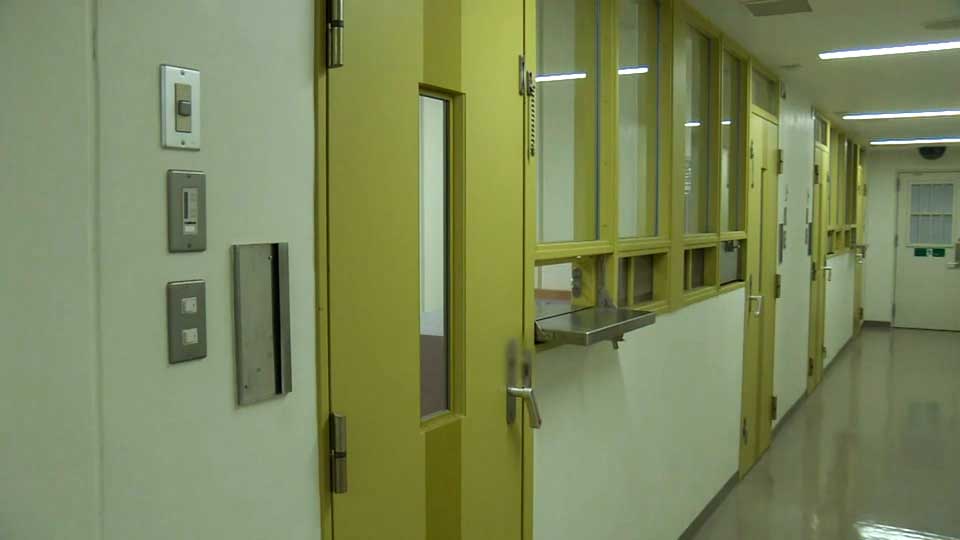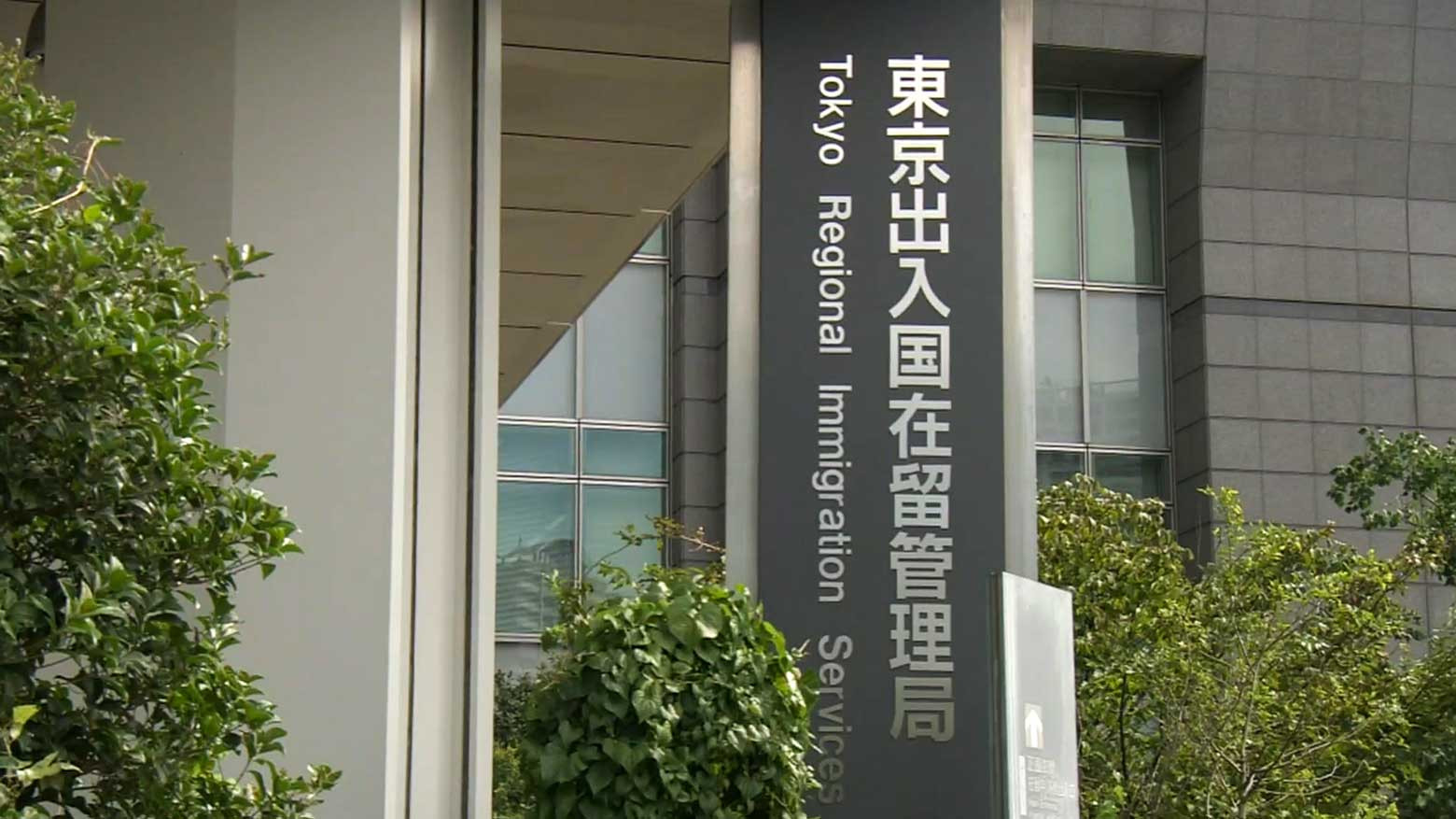Starting in mid-February, several people held at the detention center in Tokyo's Shinagawa District contacted NHK complaining of coughs and flu-like symptoms. These detainees have been in communication with NHK for months about the conditions in the facility. The Japanese government detains foreign residents who refuse deportation orders at these sites.
One of the detainees said 15 or 16 people housed in his cell block have been confirmed to be infected.
"Like all of the others, I have a headache, my throat hurts, I have diarrhea and I feel pain in my chest. Everyone is thinking about their lives here."
He asked NHK not to disclose his name or nationality out of fear of reprisal from immigration officers.
The Immigration Services Agency says 55 detainees and six staff members at the Shinagawa center tested positive during the second half of February. The office says it does not know how the virus spread. However, immigration lawyers say the conditions at such facilities are often cramped and close contact is unavoidable. The detainees are allowed to leave their cells for six hours a day; otherwise, they are locked in a space with up to five other people.
According to the man, he and several others started to experience fever and other coronavirus symptoms on February 8. None of them were examined, despite there being an on-site doctor.
"I told an officer, I did not feel well, that I puked. I really felt bad. Finally, the officer accepted to take my temperature. It was 38 degrees Celsius. But the officer told me it was nothing." Another detainee that had symptoms was told that it was just a cold and would feel better if he took some medicine.
The facility only began PCR testing seven days later. Four male detainees and one staff member tested positive.
"At night, I had a high fever. Here, even if you call for help, nobody comes. I called for an officer for one or two hours, but no one came. I was really worried I might die."
The facility started conducting widespread testing and discovered more cases. On the 26th, it announced that 61 detainees and staff members had tested positive.
NHK asked the Immigration Bureau about the situation. The agency would only say that the center was following expert recommendations and that two detainees with underlying health conditions had been transferred to hospitals.

Immigration lawyer Komai Chie says the cluster is a result of the insufficient medical care offered at such detention centers.
She says it is not rare for detainees to have to wait anywhere from a week to several months before they are allowed to see a doctor, even in cases of emergency. She adds that these centers have no medical staff on-site during weekends. At one center, a detainee who broke his arm on a Friday evening had to wait until Monday for treatment. In the meantime, he received only painkillers.
The Japanese Federation of Bar Associations has been calling on detention centers to implement infection prevention measures since last April. The facilities have temporarily released more than half of their detainees over the past year to curb the spread of the virus. There were 1,054 detainees in December 2019; this number was down to 394 as of last month.
But Komai says this is not enough, and that the cluster at the Shinagawa center is proof.
"The remaining detainees are under the responsibility of the Japanese government," she says. "As such, they must be given a transparent environment where they can feel safe. This means regular testing and fast and proper medical treatment at a hospital if necessary, just like what is available for every other person in this country."

